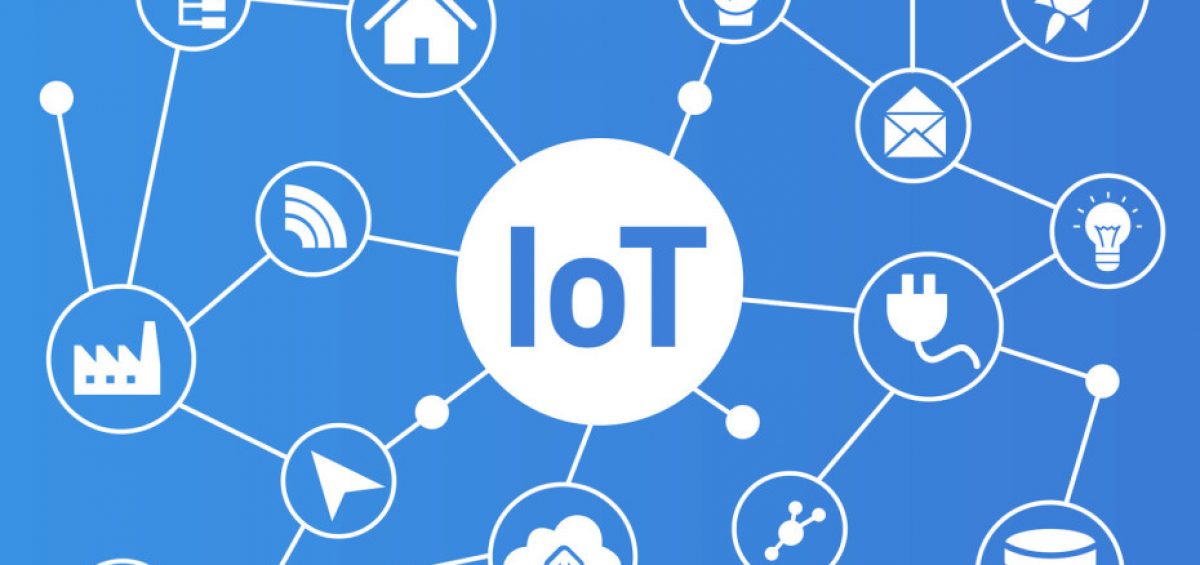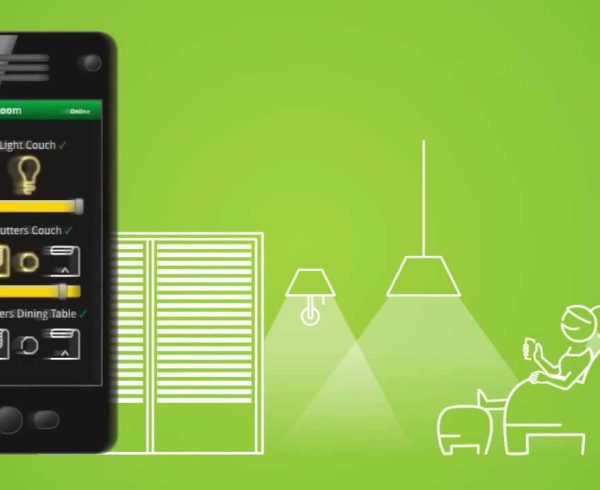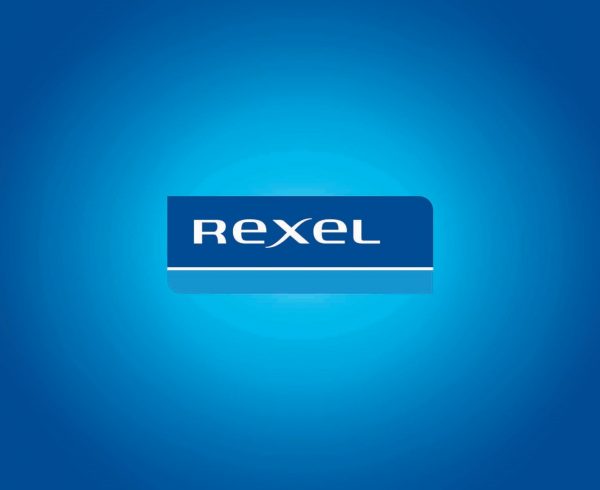Reaching New Levels of Security – IIoT and Blockchain
Industries over the past decade have been striving towards the wider adoption and deployment of an extensive range of automation requirements such as IIoTs.
A survey by an IIoT giant found that 85% of the companies have atleast one IIoT use case project. IDC, a global provider of Market intelligence and advisory services estimates there will be around 30 Billion connected devices by 2020.
McKinsey and Company estimate that IoT will have a $11.1 Trillion impact on the global economy by 2025.
What is IoT?
The term IoT has been floating around in the market for quite some time, but why is it being considered as the future of automation?
IoT or Internet of Things describes the connection of devices- any devices- to the internet using embedded software and sensors to communicate, collect and exchange data among multiple nodes/ systems.
IoT and Industries
The Sensors that IoT involves can be embedded in everyday objects like phones, thermostats, Appliances, traffic lights etc.
In industries, particularly, the importance of this technology is being considered as paramount. This is primarily because, all the different components and machines in the factory could be fitted with sensors that continuously transmit data with reference to the system health back to the applications which are monitored by the operators.
This proves as a boon to industries as potential problems can not only be identifies but also fixed before a breakdown occurs, saving companies both time and money.
IoT systems are being broadly adopted by industries to analyze manufacturing automation, remote machine diagnostics, prognostic health management of Industrial machines and Supply chain management.
IoT and Blockchains:
IoT networks are no doubt a huge welcome to the future of the automation industry but this technology is still in its nascent state of adoption. IoT networks have not yet been perfected. Since these devices are constantly sharing critical information back and forth over the internet, this platform of data transfer can be prone to a security risk.
To overcome this possibility, blockchains are being included in the process of IoT implementation. Blockchains at its core is a cryptographically secured, distributed ledger that allows for the secure transfer of data between parties. Companies get into smart contracts in block chain networks. Through these smart contracts, companies can allow the execution of the IoT systems only when the requirements with reference to the security of data are included in the code of the contract. Majority of organizations emphasize on the demand that information must be shared across a decentralized, cryptographically secure network thus making it very difficult to compromise with network security.
The advantage of a decentralized blockchain that this topology mitigates the risk of security breach as there are millions of individual nodes transferring data on a peer to peer basis thus allowing smooth working of the rest of the network.
Challenges with IoT and Blockchain:
According to Cisco, by 2020, it is estimated that the number of connected devices is expected to increase exponentially to 50 Billion. With such a huge scope for market presence, managing such networks will be a task for both service providers and well as the customers.
One issue is that since many IoT devices are small, they may be prone to physical damage. Also, while cloud-based manufacturing enables on-demand access to manufacturing resources, a trusted intermediary is likely to be required for transaction among users.
With an increase demand for IoT products and services, Service providers are striving to provide knowledgeable and trained professionals to make this transition worthwhile and seamless for all organizations in the days to come.




Leave a Comment